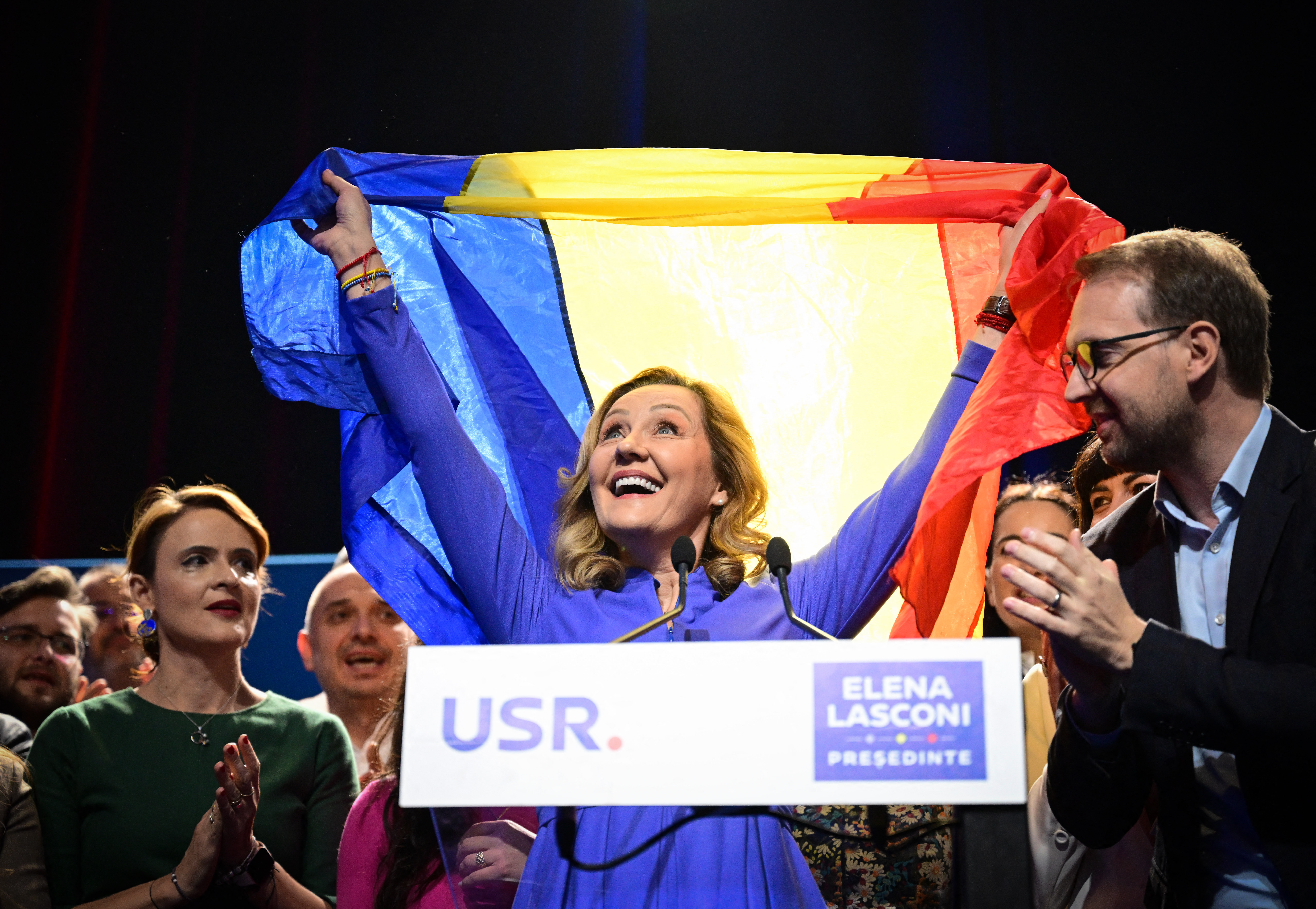Brussels – Three days away from the ballot between pro-Russian Calin Georgescu and liberal Elena Lasconi for the presidential elections in Romania, the alleged role played by TikTok in the exploit of the far-right candidate continues to hold sway. An affair that continues on the Bucharest-Brussels axis: having learned of information declassified by the outgoing Romanian president, Klaus Iohannis, pointing to foreign interference by Russia, the European Commission has decided to clamp down on the Chinese social network.
The EU executive has ordered TikTok—one of the large platforms in Europe that must comply with the new Digital Services Act (DSA)—to freeze and retain all data related to “actual or foreseeable” systemic risks that the platform could trigger in electoral processes. In essence, TikTok will have to retain internal documents and information regarding the design and operation of its recommender systems on the one hand and how it addresses the risk of intentional manipulation through “inauthentic coordinated use of the service” on the other.
To see through the Bucharest intelligence revelations, which describe how paid content in support of Georgescu was promoted on TikTok without being marked as being for electoral purposes, Brussels has ordered the preservation of “documents and information regarding any systematic violation of TikTok’s terms of service that prohibit the use of monetization features for the promotion of political content” on the platform.

Romanian intelligence claims that the campaign to push the then-semi-unknown Georgescu “was coordinated by a state actor” and that his sudden and surprising surge in popularity would be due to a “highly organized” social media action through the use of influencers and fake profiles to amplify message sharing.
The Chinese social network immediately responded to Brussels’ request, “We have already cooperated with the Commission and will continue to do so,” TikTok said, “We look forward to establishing the facts in light of some of the speculation and inaccurate news we have seen.
“An essential step to help investigators establish the facts,” commented Henna Virkkunen, newly appointed executive vice-president of the European Commission for Technological Sovereignty, Security, and Democracy, “which adds to our formal requests seeking information following yesterday’s declassification of secret documents.” Brussels clarified, however, that the decision “relates to the exercise of the Commission’s powers under the Digital Services Act,” and has nothing to do with the conduct of the Romanian electoral process, “which is the responsibility of the national authorities and ultimately the Romanian people.”
Indeed, the order of preservation covers national elections in EU member states between November 24, 2024 and March 31, 2025. From Ireland’s last week’s legislative elections through the end-of-year election in Croatia to early elections in Germany, scheduled for February 23, 2025. It is clear, however, that the spotlight is on Bucharest, which on Sunday, December 8, will know who will be the next president of the Republic in a climate that is anything but relaxed. An eventual Georgescu victory risks bringing Romania closer to Moscow, widening the front of those calling for an end to unconditional EU and NATO support for Ukraine.
Romania’s outgoing prime minister, Marcel Ciolacu—who remained out of the presidential race by a few thousand votes—has now announced that he will “fully support” centre-right liberal Elena Lasconi. He added, attacking Georgescu: “I hope that, based on the published evidence, the state authorities will take appropriate action and all those responsible will be held accountable.”
English version by the Translation Service of Withub








